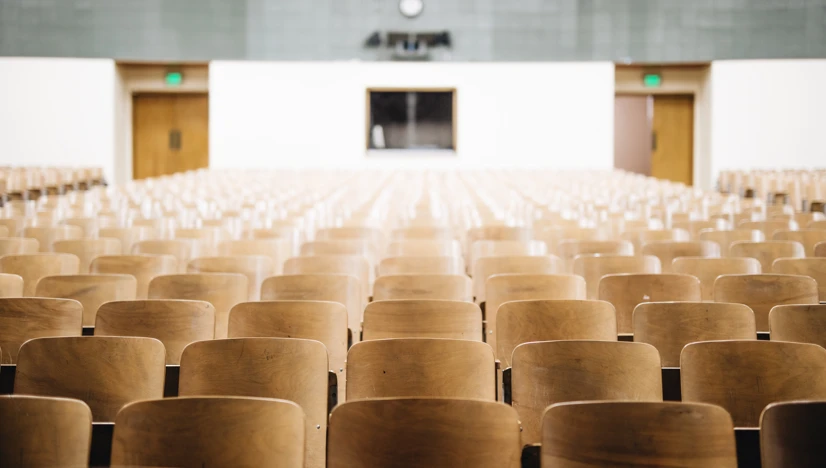Development of heterodox economics at public German universities since the 1970s
Zentrum für Ökonomische und Soziologische Studien, Universität Hamburg, 2016
Photo by Nathan Dumlao on Unsplash
Exploring Economics Working Paper Selection
We collect and republish selected Working Papers and Journal Articles on Exploring Economics.
Development of heterodox economics at public German universities since the 1970s
Abstract: This article discusses the development of 'heterodox' economics at universities in Germany since the 1970s. Based on Lakatos' concept of scientific research programmes (SRP), the article introduces a classification of economics in order to clarify the understanding of variety within economics, especially in the case of Germany. Based on this classification and taking into account the different kinds of capital (economic, social and symbolic) available to heterodox economists, this article aims to show how heterodox economics in Germany has developed from the early 1970s until the present day. It will be shown that the heterodox schools expanded in the 1970s, but marginalisation took hold again by the 1980s and ultimately left German heterodox economics in a state of near-extinction today. From this, it follows that the history of heterodoxy in Germany is an unequal 'battle of the paradigms', and can only be told as the story of a failure.
Key words: heterodox economics, pluralisation, philosophy of science, sociology of science, Germany
Stay tuned!
Subscribe to our newsletter to learn about new debates, conferences and writing workshops.
Subscribe!
Go to: Development of heterodox economics at public German universities since the 1970s

